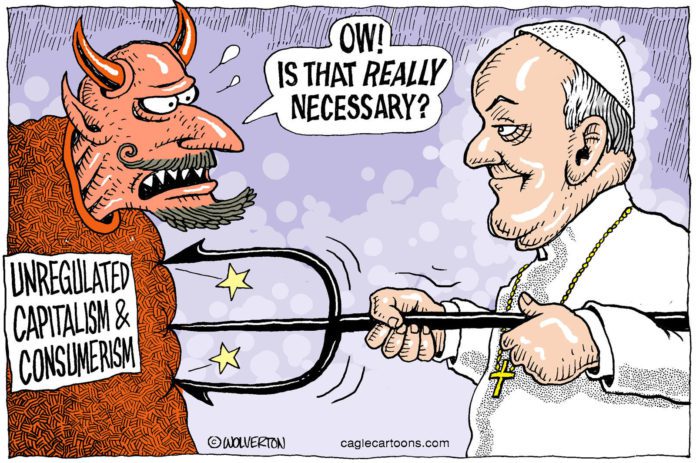BY RALPH NADER
 The old saying “it’s better to give than to receive” is often recited around the holidays when it comes to the tradition of gift giving. This type of giving is usually centered on small, personal gifts such as items of clothing, books, and delicious food. But the saying can apply to the rewards of giving beyond friends and family. Our generosity can also include long-lasting ways to benefit society now and in the future. We must ask ourselves what gifts we want to give to future generations so that their lives can be nourished.
The old saying “it’s better to give than to receive” is often recited around the holidays when it comes to the tradition of gift giving. This type of giving is usually centered on small, personal gifts such as items of clothing, books, and delicious food. But the saying can apply to the rewards of giving beyond friends and family. Our generosity can also include long-lasting ways to benefit society now and in the future. We must ask ourselves what gifts we want to give to future generations so that their lives can be nourished.
In my book, The Seventeen Traditions, I wrote about the ideals my parents passed along to my siblings and me. The chapter on “the tradition of charity” contains the following story, which I hope will inspire some reflection and contemplation this holiday season. You can also watch the video here.
One bright summer afternoon, Dad took me for a ride around town. I suspected there was a purpose to this trip beyond catching the breezes by the lake or watching the teenagers playing sandlot baseball near the high school, and I was right.
First, we drove past the Beardsley and Memorial Library. Ellen Rockwell Beardsley had started this institution in 1901, he told me, with a donation of $10,000 – a princely sum at that time. He then drove up Spencer Street until we got to the Litchfield Country Hospital – the first such institution in the county in 1902, when it was built, and also a product of private charity.
Down a few more roads to the other end of town, and we were at the Gilbert School, a high school that for years was regarded as among the best in the nation. The Gilbert School was launched by a local industrialist, William Gilbert, who built the world-renowned Gilbert Clock Company in Winsted. His original gift established Gilbert as a private secondary school, the Gilbert School, but it gradually became more public over the years as more tax dollars were used to supplement a declining endowment.
Turning left, my father drove up a hill to Highland Lake. Nearby there was a small, inviting park with some seats and tables for having outdoor lunches – a park established by another local philanthropist. Then we made a 180-degree turn and drove down toward the long Main Street – passing the Winchester Historical Society, founded and nurtured with charitable contributions.
He drove past some other charities, including the imposing Gilbert Home for orphans and other needy children, and arrived at the beautiful Soldiers’ Monument, so central to my childhood imagination. The town had paid a dear price in casualties during the Civil War, and after the war ended a volunteer veteran and local philanthropist promoted the idea of such a memorial; it was finally dedicated in 1890. With several donated acres of hilltop land, the structure and its grounds soon became a haven for the townspeople, who still conduct summer theater there, and whose children frolic on its grounds or run around the perimeter.
When we’d finished our tour of the area, my father pulled up to our house and turned the ignition off.
“See all those fine establishments in our little town?” he said to me. “Think about how important they are to our community. Then ask yourself this question: Since 1900, there were and are at least a hundred townspeople as wealthy as those philanthropists were. What kind of town would this be if those people put some of their wealth back into the community the same way?”
We sat there together in silence, a light wind breezing through the open windows. While I’ve since traveled many miles to many places, I’ve never forgotten the lesson I learned on that one trip.







